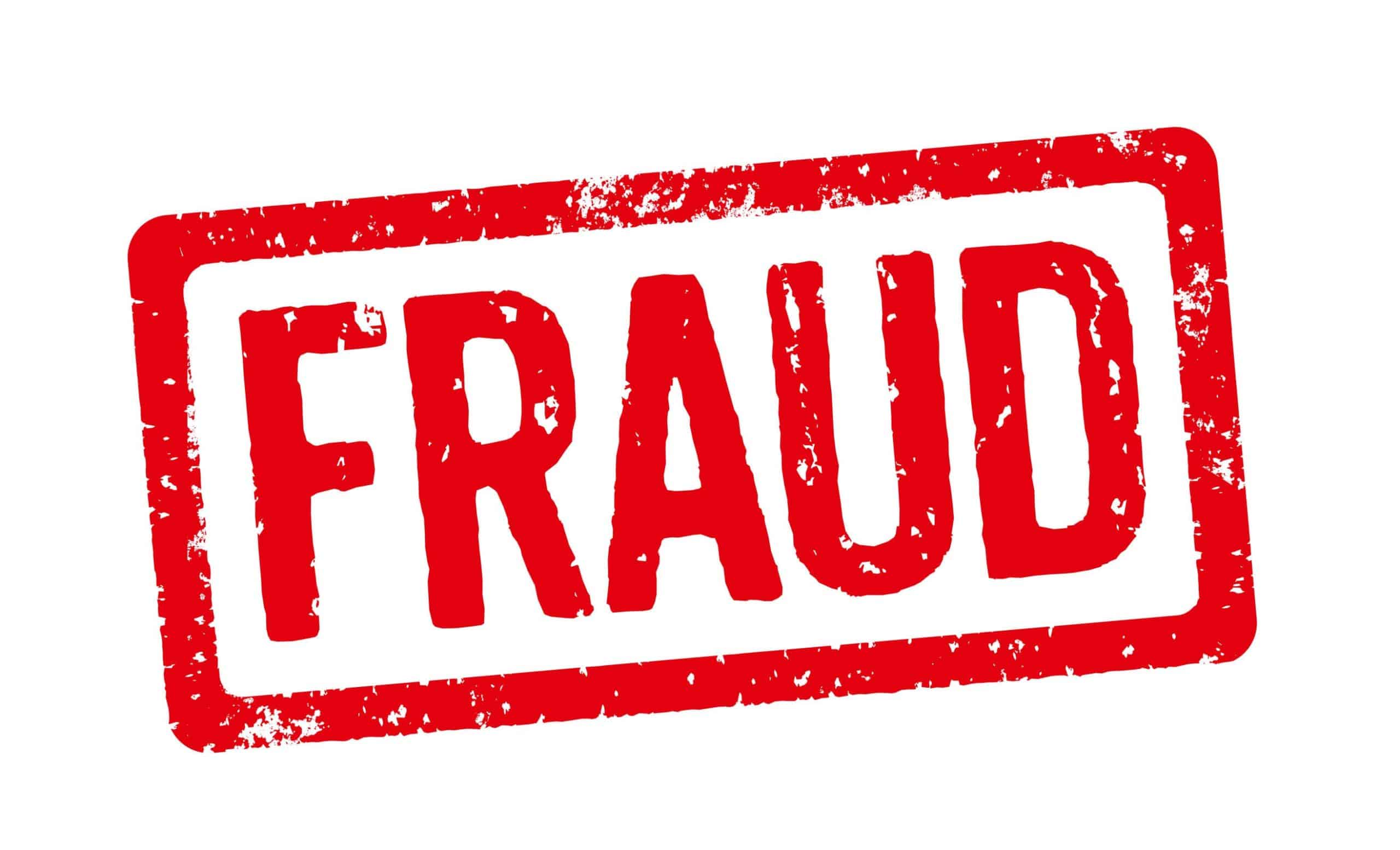- Home
- THE FIRM+
- Criminal Defense+
- CASE RESULTS
- AREAS WE SERVE+
- FAQ’s
- Blog
- Contact
AZHARI LLC BLOG
Oct. 11 2019
The 7 Types of Fraud Covered by Illinois Law

Posted By: Sami Azhari
Category:
When you hear the term “fraud,” you likely imagine some image of deceit or theft – and generally, you would be correct.
This is because the concept can be broadly defined as any act in which one person intentionally misrepresents an existing fact to another in order to either induce the other person to act or to gain something of value.
Did you also know that the state of Illinois specifically defines seven categories under which fraud charges can be filed? Learn more today about what each of these types of fraud intail, and what consequences you could face should you be charged.
Fraud on a Governmental Entity
Illinois’ fraud statutes begin with fraud on a government entity. This is when someone obtains (or attempts to obtain) state funds or benefits from any program either partially or wholly supported by the state of Illinois.
You could be charged with fraud if you knowingly use false identification or misrepresent any general application information with the intent to gain access to a government program.
Felony class depends upon the agency or program you (allegedly attempted to) defraud, and the value of the benefits or the total funds you receive. Illinois felony convictions can carry 1- to 15-year prison terms and fines topping out at $25,000.
Fraudulent Tampering
The term “tampering” refers to intentional and improper or harmful interference with something, and it encompasses crimes involving dangerous modification or sabotage.
This segment of Illinois fraud statutes contains a broad variety of fraudulent acts, and state law directly addresses nearly a dozen of them. Here are some of the most common:
- Odometer and Hour Meter Fraud
- Tampering with a security, fire, or life safety system
- Fraud in transfers of real and personal property or stocks
- Mail fraud and wire fraud
- Fraud on creditors
Many times, these crimes are classified as misdemeanors, but some offenses can wind up costing an offender nothing short of staggering fines (hundreds of thousands of dollars) and years behind bars.
Insurance (and Healthcare) Fraud
Illinois fraud law actually defines Insurance Fraud and Healthcare Fraud separately under a single umbrella of “fraud on a private entity.”
Insurance fraud covers any acts in which a person makes a false claim (or causes a false claim to be made on their behalf) in an attempt to obtain control over the property of an insurance company or receive other benefits from them.
Healthcare fraud includes those acts which specifically obtain (or attempt to obtain) healthcare benefits from any entity other than the government.
First-time offenses, in either case, are usually charged as misdemeanors. However, multiple acts, signs of conspiracy, and aggravating factors may elevate charges to a felony.
In addition to jail time and fines, some offenders are also sentenced to paying restitution to the parties that experienced losses directly related to their conviction.
Credit and Debit Card Fraud
State law prohibits and penalizes more than half a dozen specific acts of credit and debit card fraud. Most of them stem from the unlawful possession, sale, and use of credit and/or debit cards.
Regardless of whether anything of value was actually obtained by the illegal activities involving the card, a conviction may be granted if prosecutors can prove intent to defraud merely existed.
Depending on whether you are charged at a misdemeanor or felony level, you could face anywhere between a few months to three years in jail.
Fines for this type of fraud crime can also reach $25,000, and much like other private entity crimes, you could be made to pay additional restitution.
Computer Fraud
Computer fraud essentially occurs whenever a fraudulent act is committed involving the use of a computer or the internet. Computer fraud crimes range from acts of illegal access to destroying entire physical devices.
Computer fraud crimes are often charged as part of larger hacking, identity theft, and child pornography indictments. Often time, computer fraud captures federal attention since these offenses typically involve the internet and are thus considered intrastate events.
Due to the potential for automation in these activities, penalties vary based on the specifics of each case. In the most severe, a computer fraud crime can garner a $25,000 fine per day.
Miscellaneous Special Fraud
Finally, the state of Illinois has instituted a separate section among its fraud laws addressing financial exploitation committed against elderly and disabled persons.
Any act of knowingly deceiving or intimidating an elderly or disabled person to obtain control over their property may be charged as miscellaneous special fraud.
Actual charges depend upon the value of the fraud and the age of the victim, but will always be classified as a felony. A conviction can result in several years in prison and thousands in fines.
Ultimately, any act of theft and deceit has the potential for garnering you fraud charges in Illinois. If you have been charged with fraud of any kind, and need to know more about the penalties that may be associated with your particular case, reach out to an experienced Illinois fraud attorney for advice.
The right representation could mean the difference between a misdemeanor charge or even having the case dismissed, and spending more than a decade behind bars.
About the Author:
Sami Azhari has been working as a lawyer since 2007, after receiving his Juris Doctor from the Michigan State University College of Law. He has handled numerous state and federal cases, and is known throughout the Chicago and Rolling Meadows area for providing his clients with high-quality, skilled representation. He has been recognized by SuperLawyers, the National Trial Lawyers Association, and other notable organizations, and has spoken at a number of legal conferences.



























































